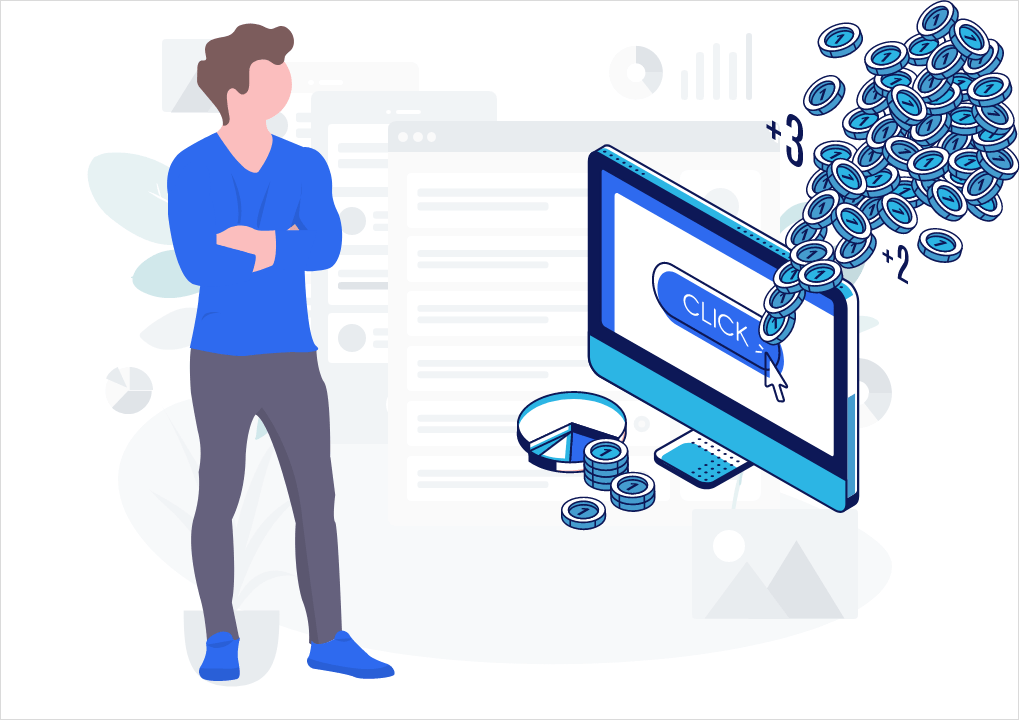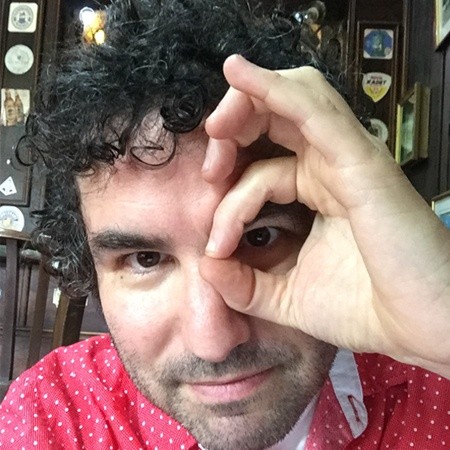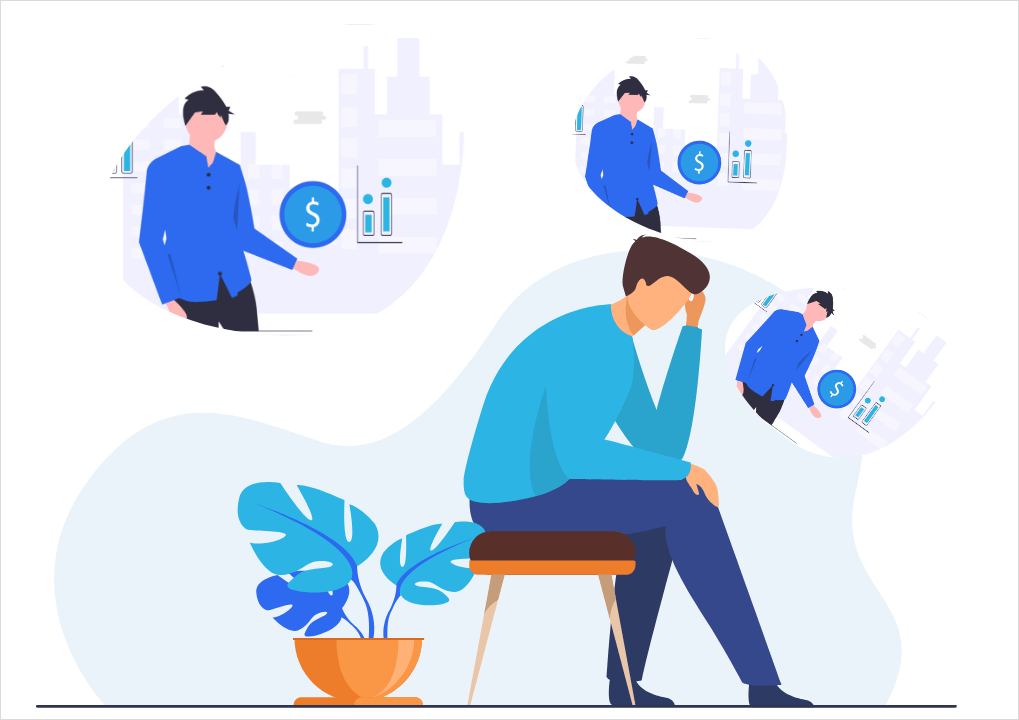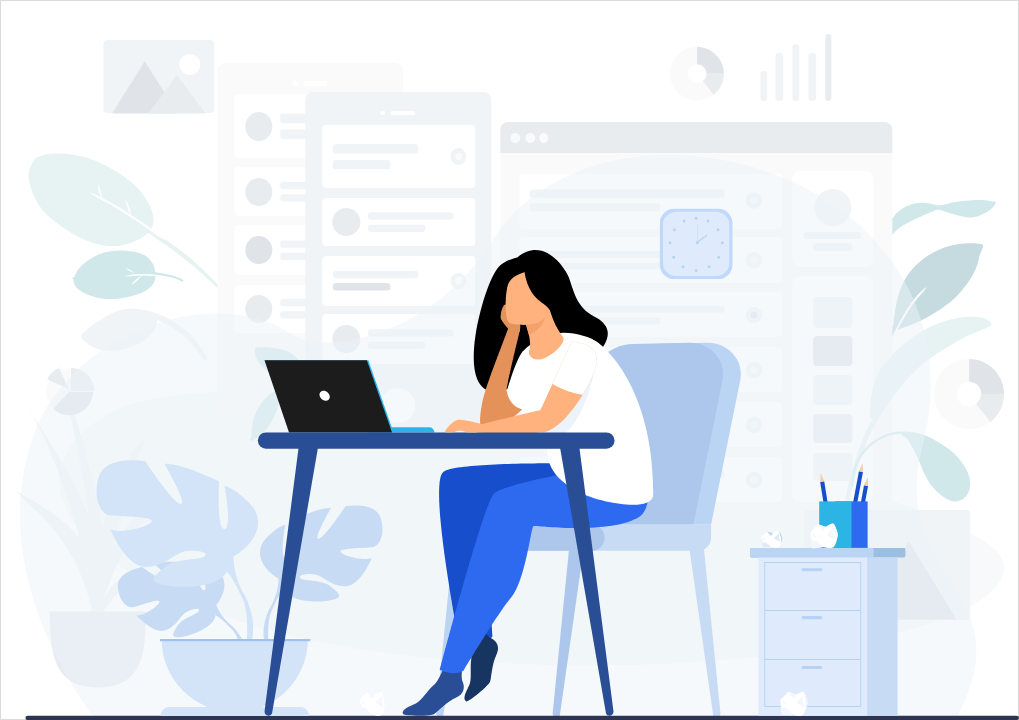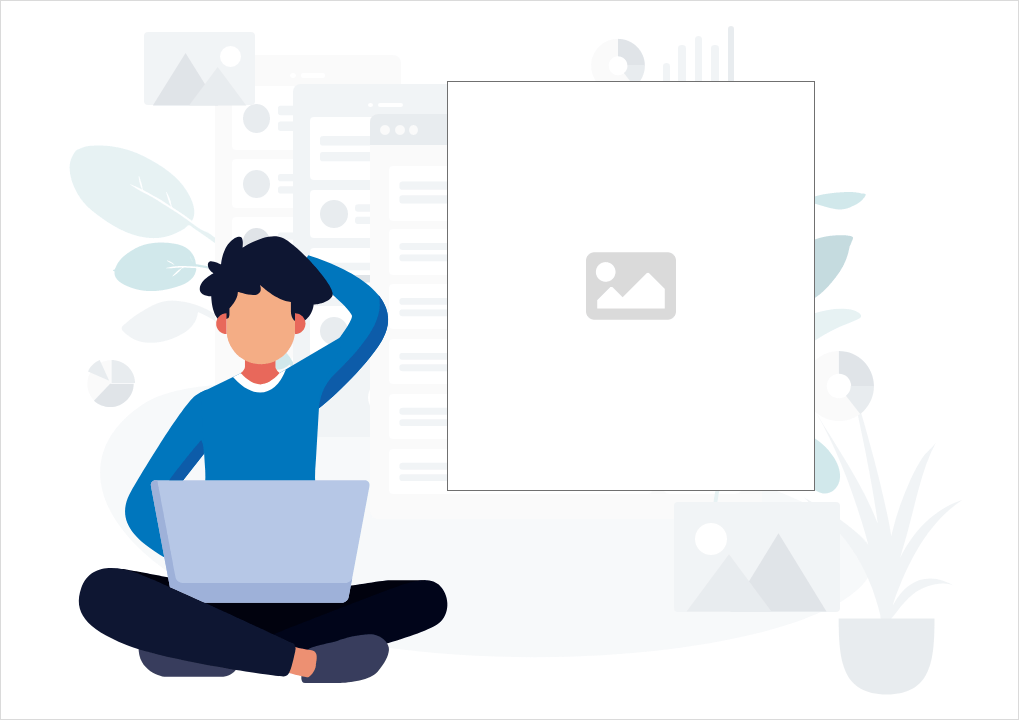PPC 101: find the keywords of people interested in the products, take out ads, test and tweak, test and tweak, and test and tweak. Right?
Sounds good… for a 101 class. But now let’s talk about the intermediate level a bit. And it gets a bit more complex: the buy cycle.
Here’s the boil-down. Whenever you consider buying something–anything–you go through a bunch of different stages in your mind. Sometimes these happen in minutes, sometimes months (usually in the middle). Each is a very cognitively different stage. They are something like this–note that it’s different for each product, each person, and so forth, so this is a broad stroke:
- You first get a vague idea that something might be interesting; then…
- You become a bit interested in it, and increasingly like it; then…
- You become seriously-enough interested in it and go into early-planning mode; then…
- You become very interested in it, and go into late-planning mode and BUY!
Let’s take an example, that will map to these four:
- Within a few days of each other, you realize that your annual vacation is coming in two months, and your best friend just told you she’s going to Paris. You get the idea, “Oh, where should I travel to? Paris, or…?”
- You start thinking about where would be fun to travel. Paris? Maybe a beach like Ibiza? Or maybe somewhere more exotic like Asia, or half-exotic like South America?
- After choosing South America, you then start thinking specifically about the city, itinerary, whether you know people there and imagine what your stay there will be like.
- You get into the final mode, of figuring out the hotel, the dates, and confirming the final details and then… you book them.
This, ladies and gentlemen, is the Buy Cycle. This is interesting in many ways, including the fact that you have very different behaviors online in terms of what you search for or how you act. Let’s go through each of these stages, one by one:
- You Google very general phrases, like “vacation in Paris”
- You Google slightly more specific phrases, and you follow certain patterns like comparisons, such as, “what’s better, beaches in Ibiza or Brazil?”
- You Google even more specific phrases, like, “things to do in September in Rio de Janeiro” and “best neighborhoods in Rio de Janeiro to stay in”
- You Google very very specific phrases, often related to the final details, of your decision, like, “cheapest tickets from New York to Rio de Janeiro in January”
Now, how is this relevant to PPC?
For search, it’s easy: the later in the buy cycle, the more specific the searches. And be warned, newbie: the more expensive the CPCs. (The reason is, the later in the buy cycle, the more likely they are to be serious about buying your product or service–and thus there is more competition for the keywords.)
But for display and programmatic, it gets more interesting and much more subtle.
In short, I tend to target people at different points in the buy cycle in very different ways, using display and programmatic ads.
For those early in the buy, I tend to use display ads to spark interest in the subject. This is where educational and high-quality content is most useful.
For those late in the buy cycle, I use it to build credibility and reinforce that our solution is the right solution.
Sound interesting? Want more details on these last two? I have lots more detail but, not enough room in this margin to contain it (to paraphrase the NY subway graffiti in the 80s that alluded to Fermat’s Last Theorem.) But I love discussing this stuff, so just drop me a line, and let’s have a virtual coffee. Or in-person coffee!

